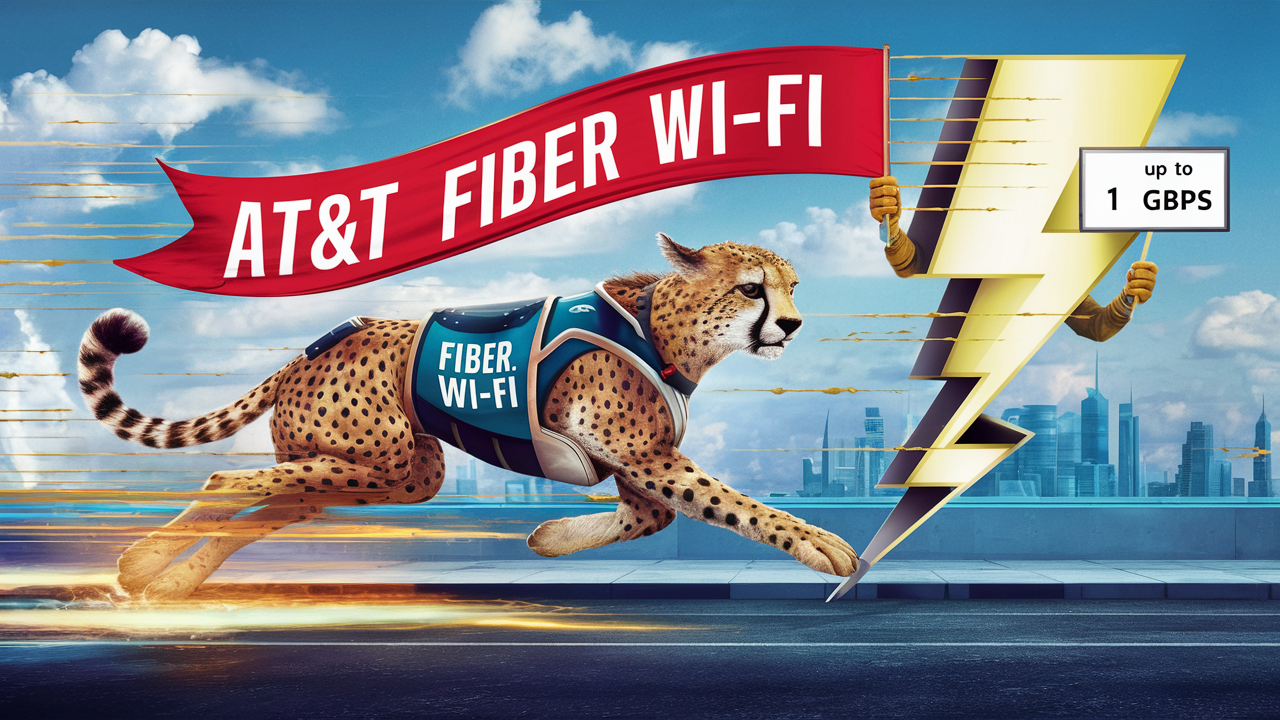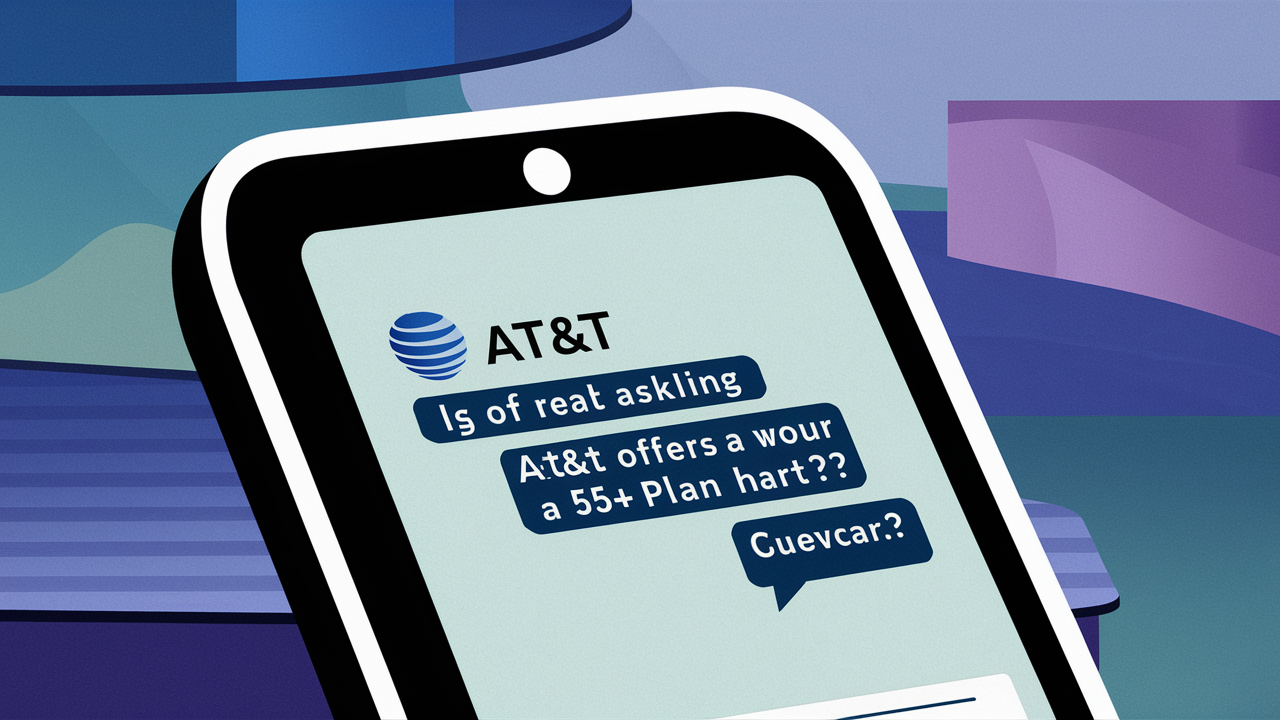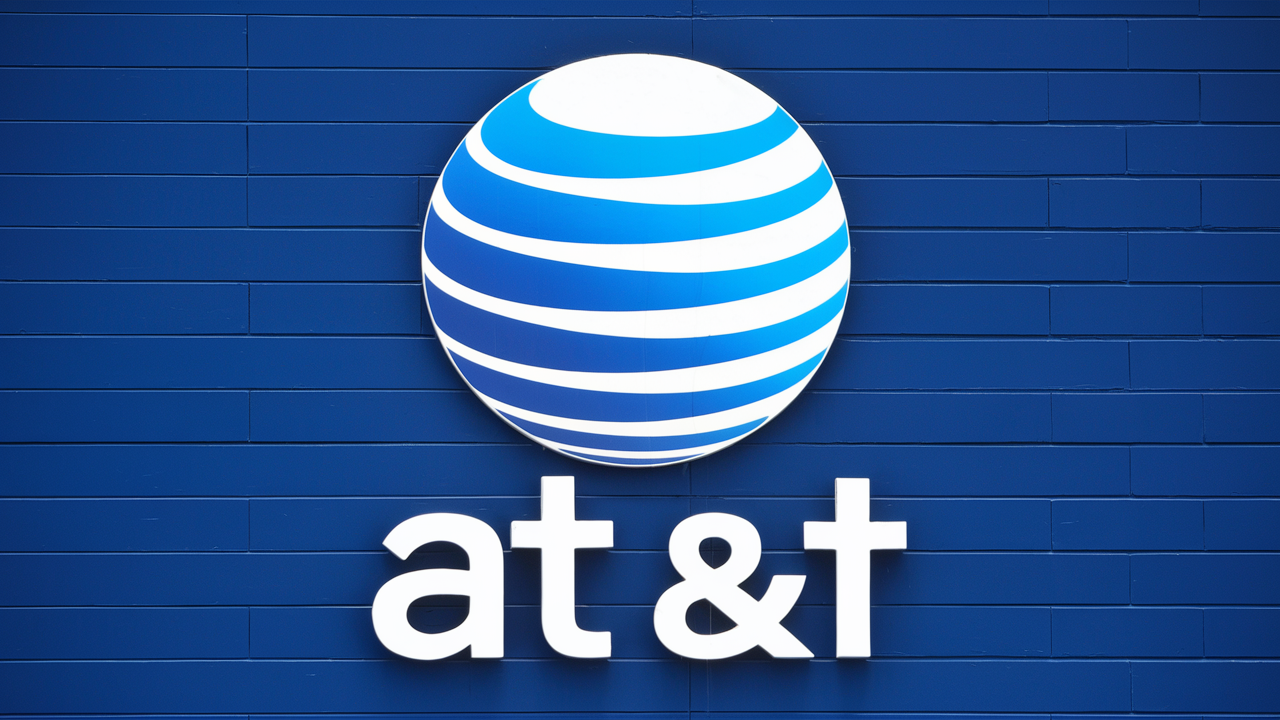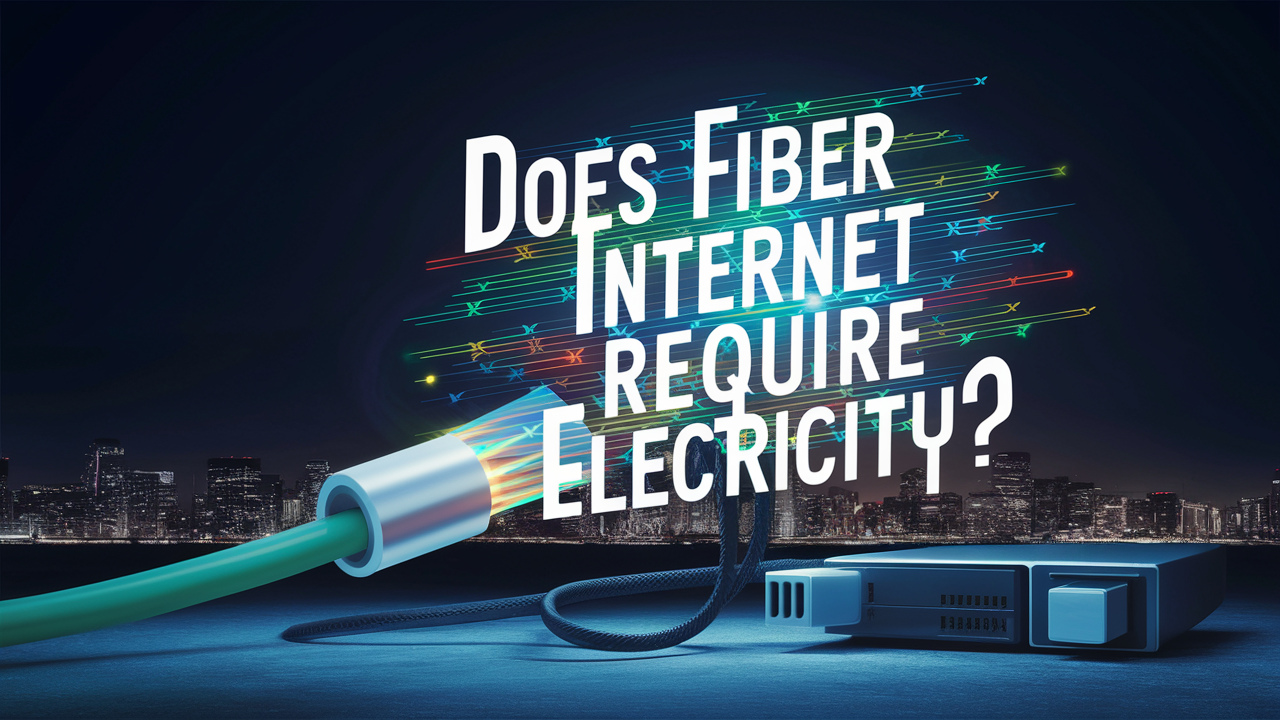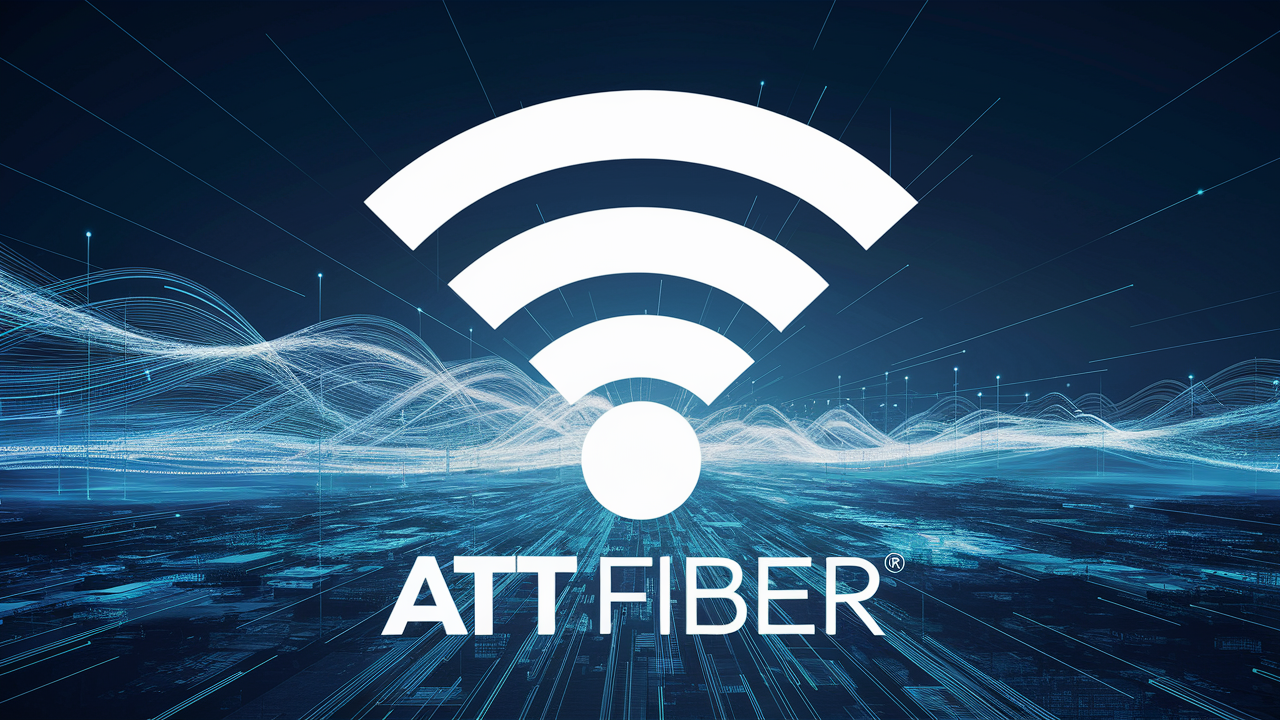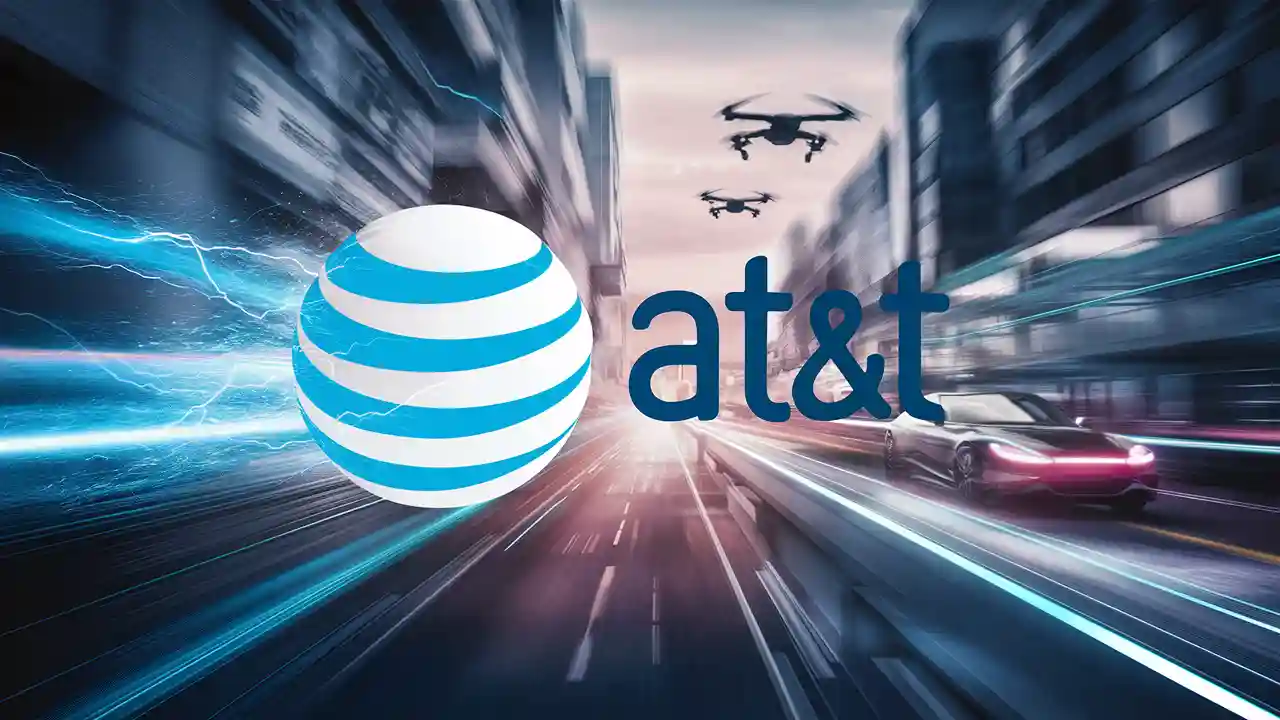
Well, AT&T provides fiber optics as well as 5G wireless broadband therefore which between the two is faster? First of all, fiber and 5G differ when it comes to speeds in a few ways at the most basic level.
What is Fiber Internet?
Fiber Internet refers to broadband Internet connections that are transmitted through fiber optic cables. Fiber cables use light signals in the form of beams through small glass or plastic fibers which makes internet speed significantly high and also has high bandwidth.
AT&T fiber offers customers internet services with download speeds ranging from 300 Mbps to 1000 Mbps. Speeds achieved may also not be the same depending on places where it is used, levels of traffic congestion and other issues. However, in the ideal world, AT&T fiber internet connection can offer gigabit speed, which is exceptionally fast and has low latencies.
What is 5G?
5G is an abbreviated term of fifth generation of wireless technology. It is cellular mobile communications which is the fourth generation of communication technology. 5G provides far greater wireless internet connection speeds in comparison to the 4G LTE networks, as well as a shorter response time, and a higher numerical connection density.
Currently, AT&T 5G network accessibility is partial employing both low-band and high-band spectrums. Low-band 5G is implemented with 600MHz or 850MHz, providing a wider coverage area but with a speed that is somewhat similar to that of 4G LTE. The high-band millimeter wave 5G of AT&T uses 24GHz and 39GHz spectrum to achieve peak download speeds up to 5 Gbps at the time of optimal conditions.
Now that we know the basics of fiber and 5G networking, the question remains: Which is faster?
The main service that competitors are offering is the fifth generation of networks, and AT&T boasts the maximum download and upload speeds in the best-case scenario even higher than the fiber internet. However, as the previous section has already shown, in real-world conditions, fiber typically has higher and more consistent speeds.
Reliability & Consistency
Big band internet offers unmatched and constant connection speeds as it transmits data directly to households and commercial premises using a fiber optic cable. It is a direct link and is not subjected to competition with other devices or interference from other wireless networks.
5G connection speeds depend on the strength of the cellular signal which is transmitted through the airwaves. That wireless connection’s strength and the speed at which information is transmitted can vary depending on factors such as network traffic, location, buildings, and other structures, the weather, and other limiting factors. Congestion increases along with the number of users connected to a 5G cell tower, and the speed is divided among these connections.
Broadband Reach
Today, the networks based on 5G are quickly growing, however, the coverage of 5G networks remains rather scarce and is available mostly in large cities and heavy populated metro areas. On the other hand, AT&T fiber is now offering internet services to more than 14 million households in several states across the country. For those who still have not entered a 5G zone, fiber provides the advancement in terms of internet speed.
Data Caps
As for now, the majority of the home internet plans of Internet service Provider, including the fiber and 5G ones, have no strict no-data cap policy. However, there are wireless 5G plans that do come with the option that they are allowed to reduce the speed limit once a particular amount of data is consumed. Introducing AT&T’s fiber internet service, one cannot find the service providers’ practice of throttling speeds or applying soft caps. Fiber allows for broadband that is truly unlimited and high speed.
Number of Connected Devices
The fiber internet service of AT&T has virtually unlimited bandwidth and offers good speed with many devices connected to the Wi-Fi network. Congestion rarely slows performance. 5G has better handling capabilities for dense multi-device environments than the earlier wireless generations, but still comes across congestion problems where user and devices density is density. Fiber is rather easy to provide fast speeds for the whole house at affordable prices.
Latency
When it comes to real time applications such as video and computer games, video conferencing, voice calls, and live video streaming, then the latency is important. The fiber internet offered little latency for near real-time actions and reactions. The tests represent real-world performance of 5G latency that is better than 4G standards but worse than fiber. Fiber no longer loses direct dedicated connection as latency variation is kept low and consistent.
Price
For fiber optic broadband, AT&T fiber prices begin at $55-60 monthly for internet speeds of up to 300 Mbps. For greater bandwidth that means gigabit fiber speeds are available for a one-time fee of $80-90 monthly. The AT&T 5G pricing starts at $50 per month to offer an approximate download speed of 100Mbps through the low band spectrum. Pricing for the multi-gigabit 5G service is higher, starting from $70 to $90, for the basic limit. Thus in terms of cost difference between these advanced internet services, the monthly difference cannot be considered significant.
The only drawback of fiber internet is that it is necessary to lay down equipment and cables with fiber optic in the territory of a private dwelling. However, there are certain initial costs that are higher, they range between $100-$200. AT&T occasionally has some offers that can allow them to forgive the installation fees. 5G depends on the cellular towers that are used for sending the signals through the air, thus there is no physical installation required for each property.
In conclusion, AT&T fiber is comparatively superior in terms of offering fast average speed and minimal latency to the majority of home broadband users. Fiber internet is also more reliable and has a broader range which is more preferable than 5G internet for home use. But it does provide far better peak wireless speeds than previously seen in the lab settings. With the introduction and growth of 5G networks, this technology has a vast potential as networks continue to unfold. But most of the people think that the fundamental fibre connectivity remains the key enabler of such advanced services, including 5G. For now, and for the near future at least, high-speed fiber connections continue to provide the most solid backbone for internet and network functions throughout the nation.
Call (844) 905-5001 to get a new AT&T connection now!
Read More:
What's the difference between AT&T internet and AT&T fiber?
How fast is Wi-Fi on ATT fiber?
Does AT&T charge for installing fiber?
Does AT&T fiber increase after 12 months?
Does AT&T fiber have unlimited data?
